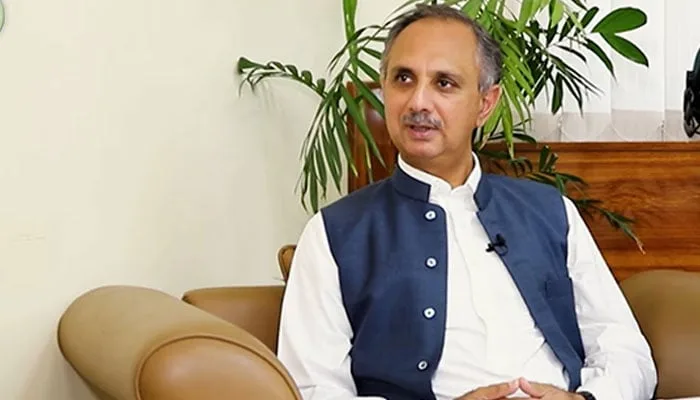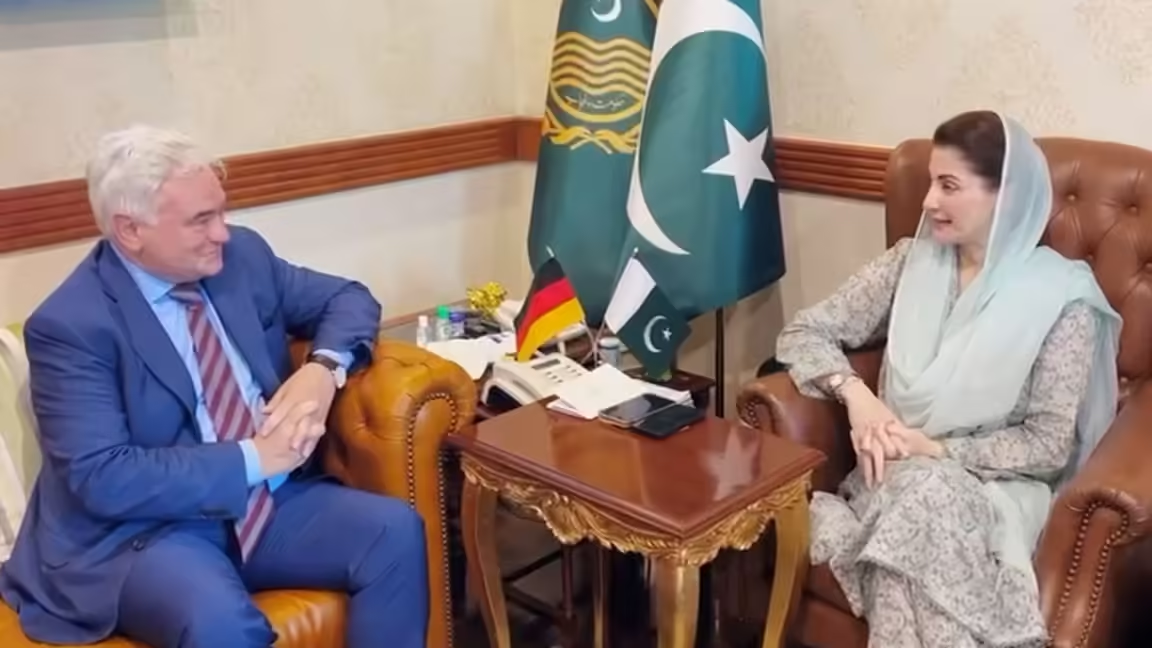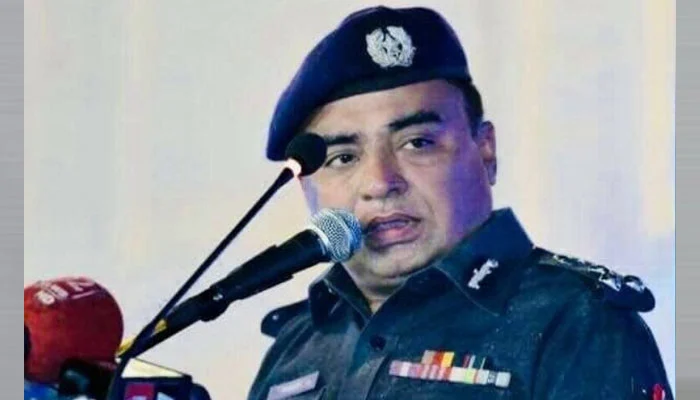In a recent legal development, the bail application of Pakistan Tehreek-e-Insaf (PTI) leader Umar Ayub was rejected by the Anti-Terrorism Court (ATC) in Sargodha. The court’s decision was made in absentia, adding another layer of complexity to the ongoing legal issues surrounding the PTI leader.
Court Proceedings and Rejection of Bail
The ATC Sargodha dismissed the bail application of Umar Ayub, a prominent figure in PTI, in absentia. This decision has sparked significant attention and controversy, especially considering the circumstances that led to his absence from the courtroom.
According to Umar Ayub, he was prevented from attending the court proceedings on the orders of Shahbaz Sharif. Ayub claimed, “On Shahbaz Sharif’s orders, I was prevented from going to court,” indicating a potential political interference in his legal rights and proceedings. This accusation, if substantiated, could have far-reaching implications for the political and legal landscape in Pakistan.
Lawyer’s Statement and Circumstances of Absence
Umar Ayub’s lawyer provided further details about the situation, stating that Ayub had remained outside the court all day, but was not allowed entry by the police. The lawyer emphasized, “Umar Ayub remained outside the court all day, the police did not allow him to enter.” This assertion raises critical questions about the due process and whether the actions of the police were in line with legal protocols.
The refusal to allow Ayub into the court premises has been viewed by many as a denial of his right to a fair hearing. This incident has fueled debates about the integrity of the judicial process and the potential misuse of power by political figures or law enforcement agencies.
Legal Context and Charges Against Umar Ayub
Umar Ayub is embroiled in legal troubles, with his name being mentioned in two cases of rioting and vandalism in Mianwali. These charges are serious, given the nature of the accusations involving public disorder and property damage. The specifics of the cases allege that Ayub was involved in orchestrating and participating in activities that led to significant disturbances and damage to public and private property.
The legal proceedings against Ayub are part of a broader crackdown on PTI leaders and activists, who have been facing increased scrutiny and legal challenges in recent times. This context underscores the highly charged political environment in which these legal battles are unfolding.
Political Implications and Public Reaction
The rejection of Umar Ayub’s bail application and the circumstances surrounding it have significant political ramifications. PTI supporters and various political analysts view this as part of a concerted effort to undermine the party’s leadership and weaken its political influence.
Ayub’s claim that he was barred from entering the court on the orders of Shahbaz Sharif points to a potential political vendetta. Such allegations, if proven, could further polarize the political atmosphere in Pakistan and lead to increased tensions between PTI and the ruling party.
Public reaction to this development has been mixed. PTI supporters have expressed outrage, seeing this as an unjust treatment of their leader, while critics argue that the law should take its course, irrespective of political affiliations. The division in public opinion highlights the broader societal split regarding the ongoing political and legal disputes in the country.
The Road Ahead
As Umar Ayub navigates these legal challenges, the rejection of his bail application represents a significant setback. His legal team will likely explore further avenues for relief, including potential appeals and challenging the procedural aspects of the case.
For PTI, this incident serves as a rallying point for its supporters, who perceive their leaders as being targeted unfairly. The party’s response will be crucial in shaping its narrative and strategy moving forward.
The rejection of Umar Ayub’s bail application by the ATC Sargodha, coupled with the allegations of political interference, underscores the complex interplay of law and politics in Pakistan. As the legal battle unfolds, it will not only impact Umar Ayub’s personal fate but also have broader implications for the political dynamics and judicial processes in the country. The situation calls for a careful examination of legal principles, due process, and the role of political influence in judicial matters.



